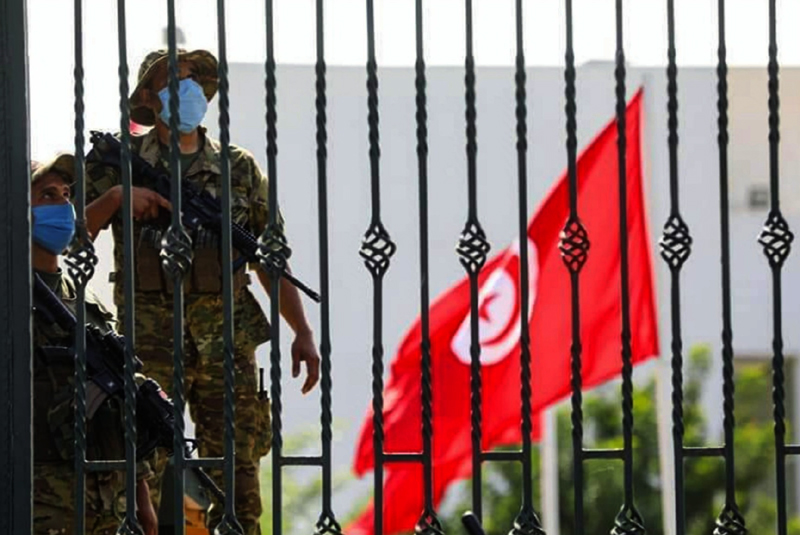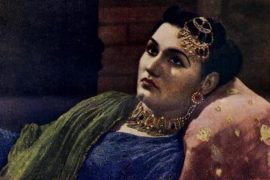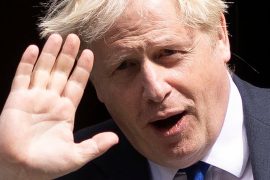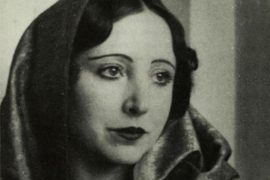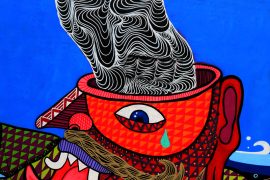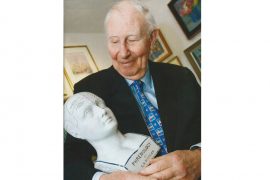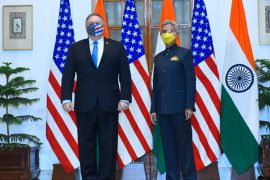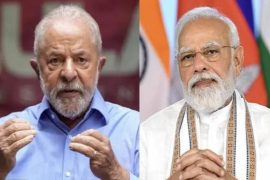The July 25 announcement by President Kais Saied of his dismissal of Prime Minister Hichem Mechichi, ‘freezing’ the Parliament, and, in short, taking over all powers of the state has stunned the world. A closer reflection will show that the Tunisian democracy was seriously ill and that the ICU treatment was not totally unexpected.
President Saied has told the Tunisians that this ‘shock treatment’ is to last only for 30 days. But there are hints from his office that the treatment might last longer. Rallies and counter rallies have been held in support of and against the President’s action. As of now, the streets are calm, partly because of an extended curfew and the prohibition of more than three persons getting together. Equally important is the call given by Ennahda, the biggest political party, for talks to resolve the crisis.
The Tunisian Exceptionalism
Tunisia was the first country to overthrow an autocrat (Ben Ali), who held onto power for 23 years. The revolt for liberty and dignity was ignited by Tareq Bouazizi, 27, a street vendor who set fire to himself protesting against the assault on his dignity by petty officials. That attempted suicide happened on December 17, 2010, and the revolt triggered by his attempted suicide, leading to his death later, put an end to Ben Ali’s rule by January 14, 2021.
-30-
Copyright©Madras Courier, All Rights Reserved. You may share using our article tools. Please don't cut articles from madrascourier.com and redistribute by email, post to the web, mobile phone or social media.Please send in your feed back and comments to editor@madrascourier.com

